FACTS
Learn what’s significant and discover the part data centers play.
- First timers
READY TO START?

YOUR FIRST SESSION ON US
Get your first class free — a one-time intro offer to experience what ARC has to offer. No commitment, no pressure — just show up and feel the difference.
How do data centers help local communities?
Communities that attract data centers benefit from the largest private investments in our state’s history; they serve as a reliable funding source for schools, police, fire, ambulance services and roads. Data centers are part of the world’s fastest‐growing industry and are resilient to economic downturns.
Do data centers raise my energy rates?
Unlike other states, Missouri’s data centers will pay the full cost of the power they use. They don’t get discounts; their investments actually make the grid more reliable for everyone.
Will data centers drain local water supplies?
No. Data centers coordinate with local municipal water providers and pay for any infrastructure upgrades needed to serve them. When water wells are needed, they use deep wells that do not affect local drinking water. Their water use and land impacts are highly regulated and are carefully managed to protect farms, wildlife, and neighborhoods.
What about jobs?
In addition to thousands of construction jobs, data centers create high paying, permanent, full-time jobs while attracting other businesses and contracting jobs to the area that support the data centers’ operations.
Will this impact my property taxes?
These projects generate tens of millions in tax revenue to strengthen schools, public safety, and infrastructure—helping lower the burden on families and small businesses.
How do data centers impact local businesses?
Beyond construction, data centers drive growth in surrounding communities. Restaurants, hotels, service providers, and suppliers all see more customers and new opportunities. Hospitals rely on data centers to provide health care services
What makes Missouri attractive for data centers?
Our central location, strong workforce, and reliable energy supply make Missouri a natural hub for technology investment. Data centers secure the technology we all depend on, from hospitals and 911 calls to farms, factories, and our national defense in the tech race against China.
How do data centers help local communities?
Communities that attract data centers benefit from the largest private investments in our state’s history. The land, infrastructure, and equipment purchased by data centers generates significant local tax revenue that serves as a reliable funding source for schools, police, fire, ambulance services and roads. Moreso, data centers are part of the world’s fastest‐growing industry and are resilient to economic downturns.
Additionally, many data centers also become strong community partners – partnering with local high-schools, colleges, trade schools, and workforce programs to train the next generation of technicians, strengthening long-term workforce development, and helping to fund local nonprofits, libraries, youth programs, and public services.
Do data centers raise my energy rates?
Unlike other states, Missouri recently passed Senate Bill 4, which requires Missouri’s data centers using 100 MW or more to pay the full cost of the power they use (SB 4, Section 393.130). They don’t get discounts; their investments actually make the grid more reliable for everyone.
Will data centers drain local water supplies?
No. Data centers coordinate with local municipal water providers and pay for any infrastructure upgrades needed to serve them. When water wells are needed, they use deep wells that do not affect local drinking water. Their water use and land impacts are highly regulated and are carefully managed to protect farms, wildlife, and neighborhoods.
What about jobs?
In addition to thousands of construction jobs, data centers create high paying, permanent, full-time jobs in operations, IT, security, and facilities management, while attracting other businesses and contracting jobs to the area that support the data centers’ operations.
They also sustain ongoing demand for local electricians, HVAC technicians, pipefitters, and other skilled trades, ensuring strong union and contract labor opportunities.
Beyond direct employment, data centers attract other high-tech and service businesses to the region. These include suppliers of equipment, logistics providers, food services, and other ancillary businesses, multiplying the economic impact.
The clustering effect of high-tech industries drives innovation, raises the profile of the community, and encourages further investment.
Will this impact my property taxes?
These projects generate tens of millions in tax revenue to strengthen schools, public safety, and infrastructure—helping lower the burden on families and small businesses.
Can our infrastructure handle it?
Data centers require highly resilient infrastructure including robust broadband, reliable power, and modern water systems. Many data center users will make investments for upgrades to the systems beyond what is required by law; when they do so, the entire community benefits. Local broadband speeds improve, power grids are reinforced, and water systems are upgraded, without raising taxes or issuing municipal bonds. These improvements make the community more attractive to other businesses and residents, spurring additional growth.
Many data centers are also leading the way in sustainability, committing to running on renewable energy, driving investment in local solar, wind, and battery projects. They also adopt water-saving technologies, energy-efficient designs, and carbon-neutral goals. By hosting them, communities often benefit from cleaner power and cutting-edge sustainability initiatives.
How do data centers impact local businesses?
Beyond construction, data centers drive growth in surrounding communities. Restaurants, hotels, service providers, and suppliers all see more customers and new opportunities. Hospitals rely on data centers to provide health care services.
What makes Missouri attractive for data centers?
Our central location, strong workforce, and reliable energy supply make Missouri a natural hub for technology investment. Data centers secure the technology we all depend on, from hospitals and 911 calls to farms, factories, and our national defense in the tech race against China, as highlighted in
President Trump’s America’s AI Action Plan.

